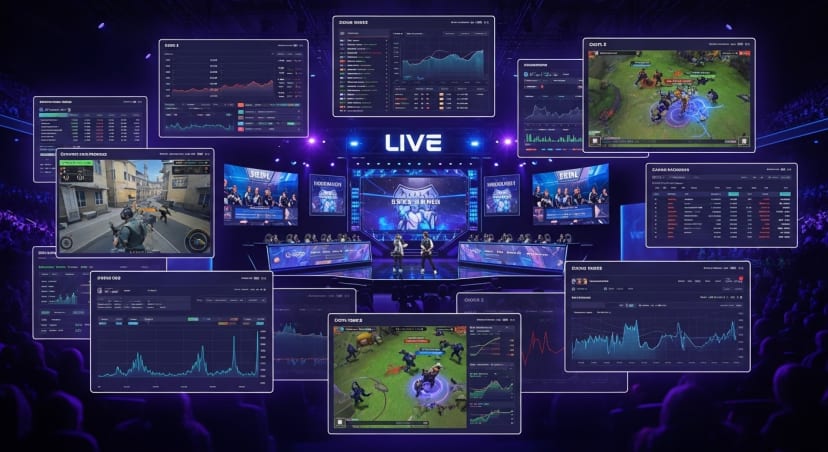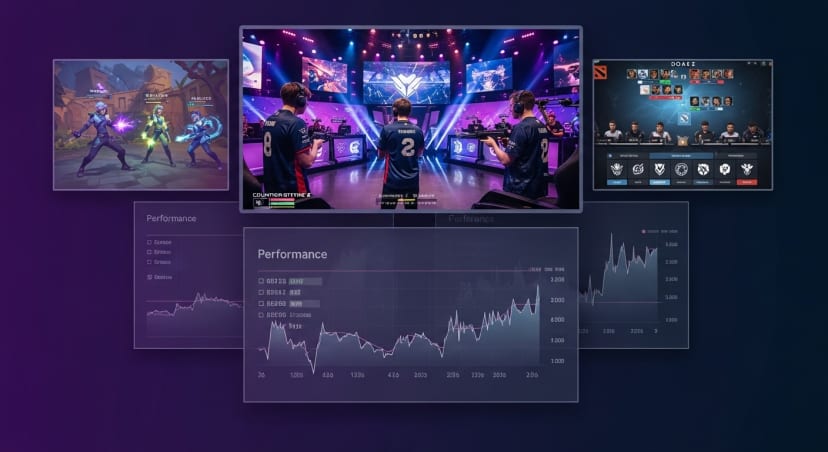Virtual Economies: The New Frontier in Gaming

Recommended casinos
In-game economies have evolved into vibrant ecosystems that reflect real-world economic principles, utilizing virtual currencies to facilitate the trade of digital products and services. These digital marketplaces are not only reshaping how gamers interact with virtual worlds but are also paving the way for innovative revenue models and creative user-driven content.
- In-game currencies, such as Robux on Roblox, power dynamic digital economies.
- Scarcity and utility drive the value of rare digital items.
- The interplay between digital marketplaces and competitive gaming trends is ever-evolving.
In digital worlds, economies mimic the structures of traditional markets by allowing users to immerse themselves in a trading system where virtual currencies drive transactions. Platforms such as Roblox have emerged as pioneers, operating on their own currency—Robux—which facilitates a dynamic ecosystem for creating, trading, and purchasing digital goods. Players can even develop their own digital items, intertwining creativity with economic opportunity.
User-generated content plays a pivotal role in these economies. By enabling users to design and sell unique digital items, platforms create a cyclical flow of currency and value, reinforcing the principles of supply and demand. This system is reminiscent of an esports game genre, where understanding diverse market segments is key to success.
Scarcity is a fundamental driver in these virtual marketplaces. Limited-edition items, much like exclusive passes or skins in gaming, often command higher prices due to their rare availability and enhanced utility. Observing trends in competitive gaming reveals competitive Fortnite esports betting, where rarity and strategic value directly influence participant behavior and market dynamics.
The evolution of in-game economies finds parallels in the competitive realm of esports. As gamers seek to maximize their in-game investments, similar principles underpin competitive betting strategies. For instance, the creation of digital content in games mirrors the strategic approaches found in esports betting, while market trends in digital transactions share similarities with esports betting.
Incentive structures play a crucial role in both digital economies and competitive gaming arenas. Rewarding players through exclusive offers and bonuses incentivizes continued engagement, much like esports bonus offers highlight various benefits available to dedicated participants. These bonus opportunities reinforce market participation and encourage ecosystem growth.
The global impact of digital economies extends beyond individual platforms, influencing trends in competitive gaming worldwide. Markets in regions like Germany are experiencing notable expansion, as evidenced by the growth of esports in Germany, where millions of viewers and active participants contribute to a thriving digital culture.
Ultimately, the principles driving virtual marketplaces—scarcity, utility, community demand, and creative innovation—are seamlessly interwoven with the competitive betting and esports environments. As digital economies continue to mature, users can also be found on eSports betting sites in Austria, underscoring the intricate connections between gameplay, economics, and competitive trends in the digital age.








